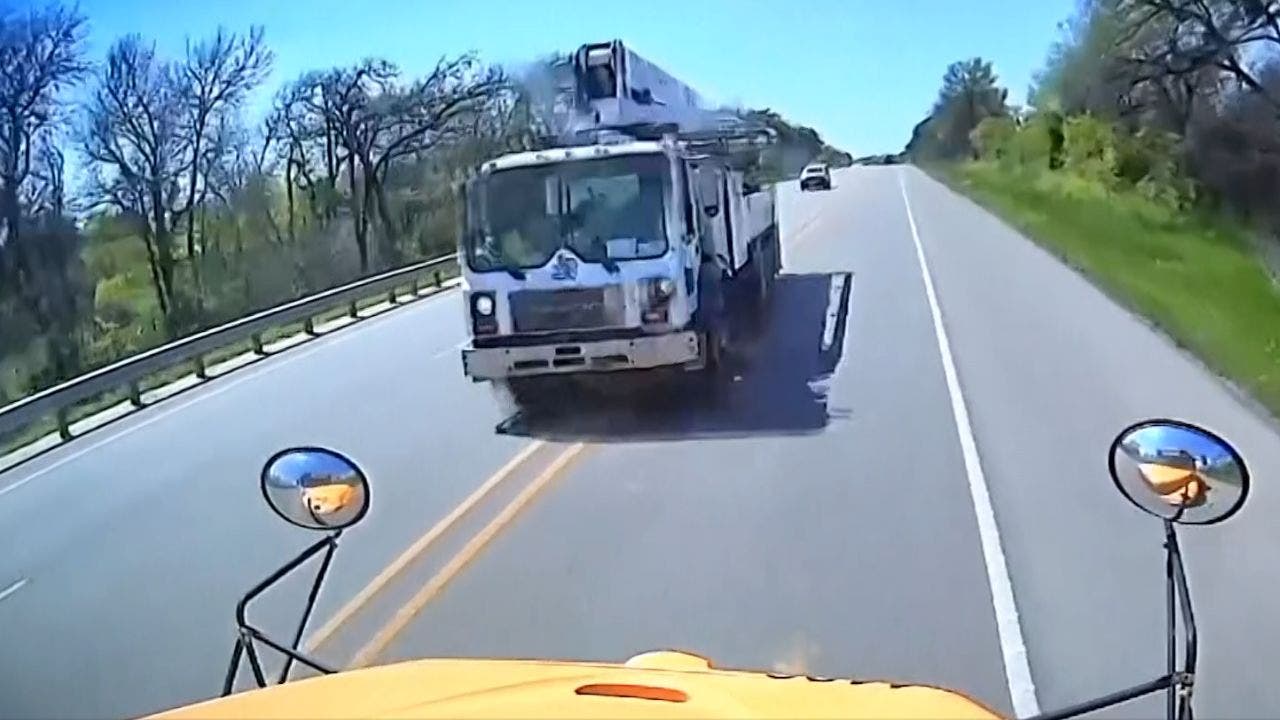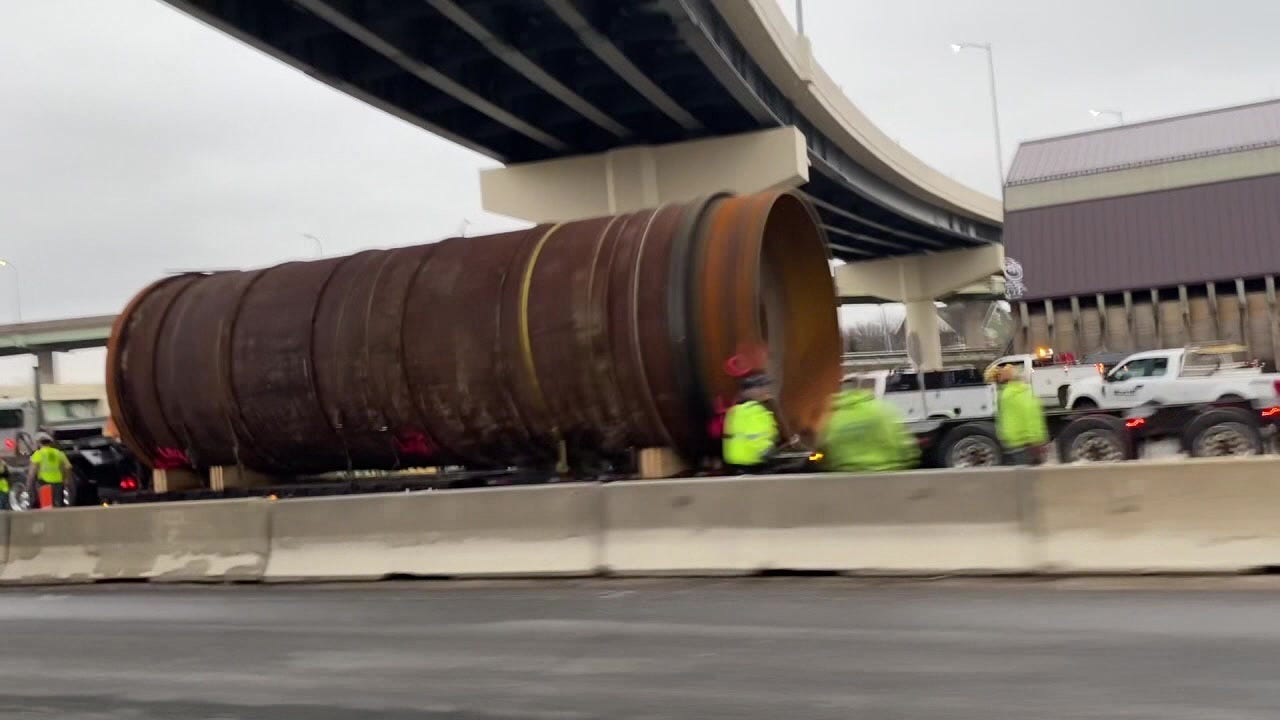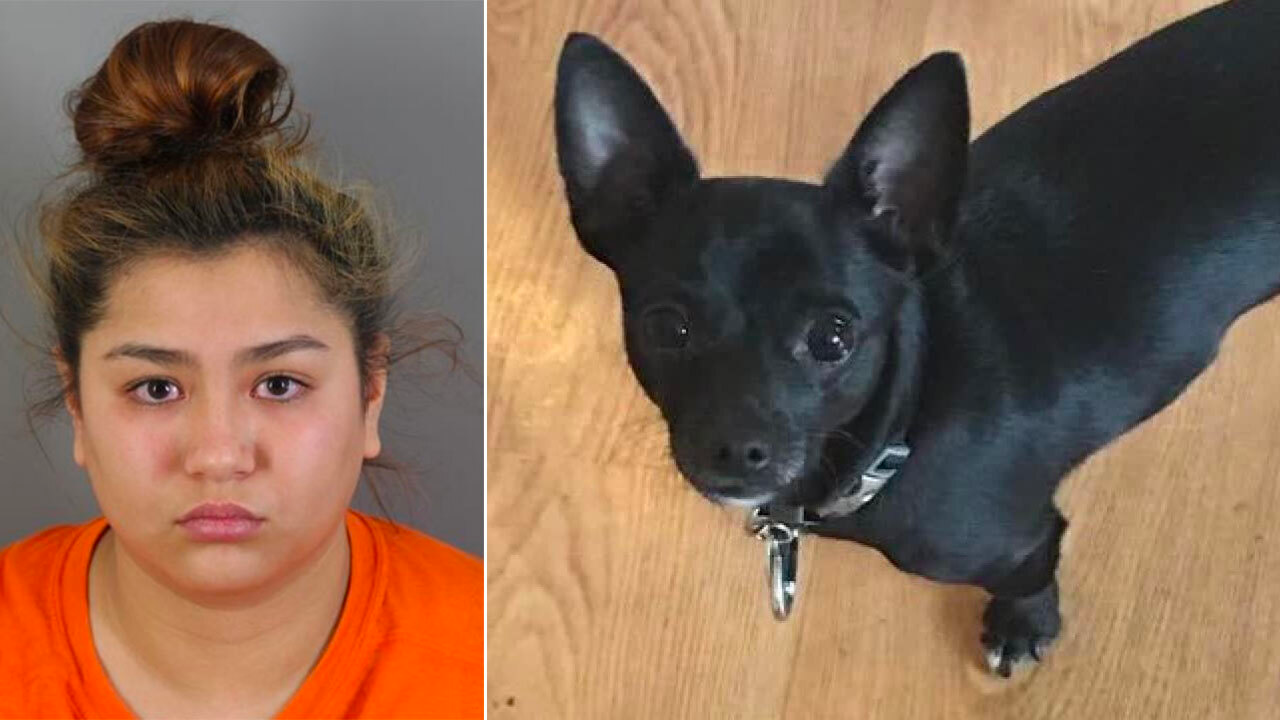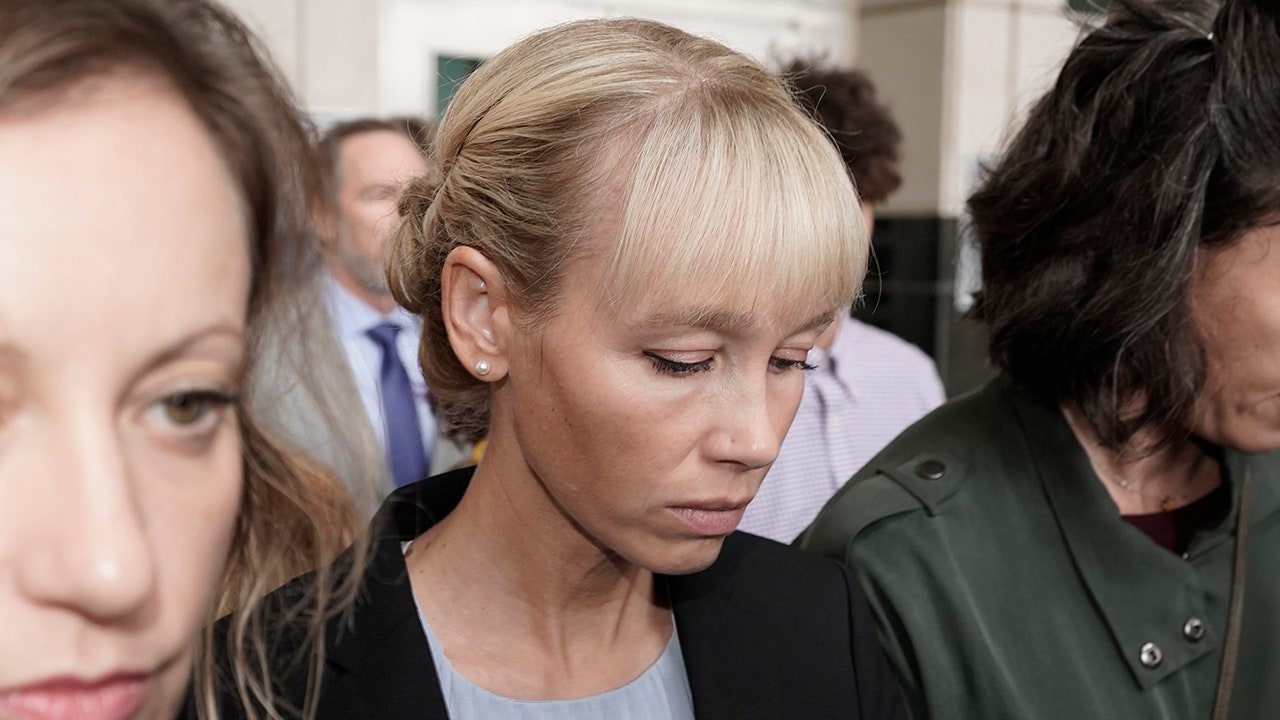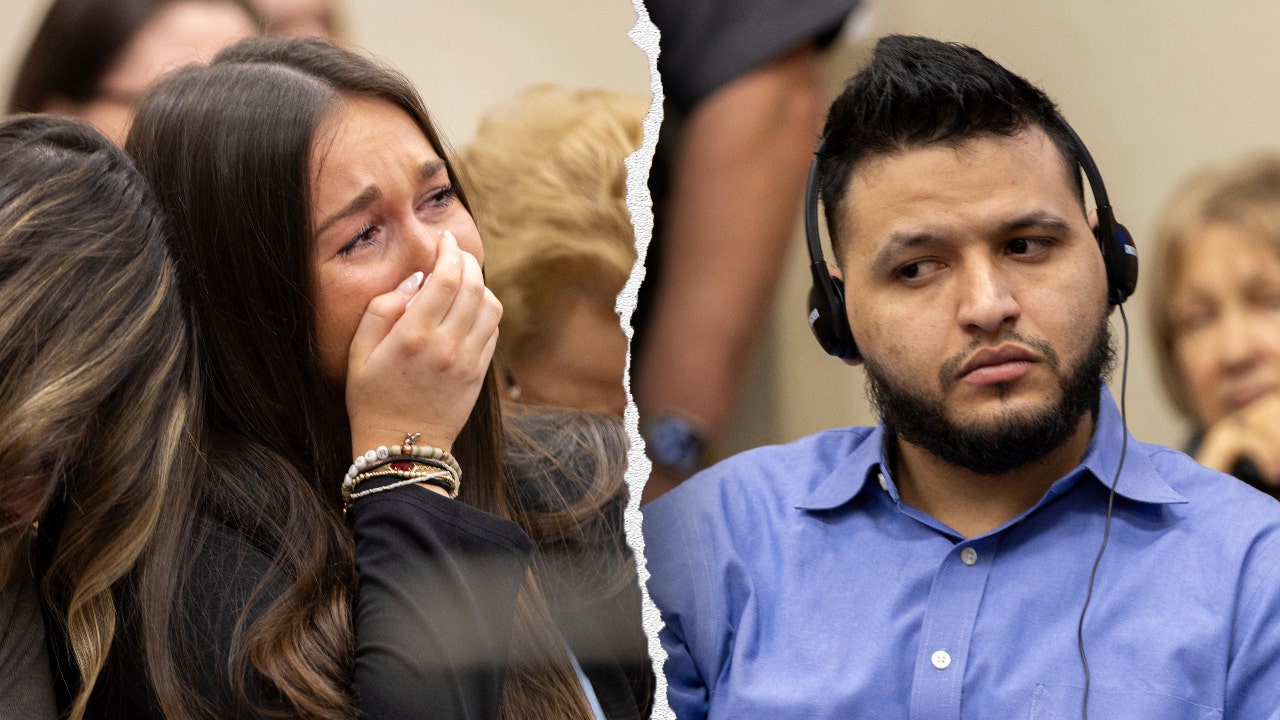The Supreme Court, in its last argument of the term, will consider on Thursday whether former President Donald J. Trump must face trial on charges that he plotted to subvert the 2020 election.
The court’s answer to that question will be a major statement on the scope of presidential power. Depending on its timing and content, the decision will also help determine whether Mr. Trump’s trial will start before the election, in time to let both jurors and voters evaluate the evidence that Jack Smith, the special counsel in the case, seeks to present.
Most legal experts do not expect Mr. Trump to prevail on his broadest arguments. But when and how he loses may turn out to be as important as whether he loses.
Even if the court acts with considerable speed and definitively rules against Mr. Trump within a month, the trial would most likely not start until at least the fall, well into the heart of the presidential campaign. If the court does not rule until late June or returns the case to the lower courts for further consideration of the scope of any immunity, the trial might not take place until after the election.
If Mr. Trump prevails in the election, he could order the Justice Department to drop the charges.
Mr. Trump is accused of a sprawling effort to overturn the outcome of the 2020 election, including by seeking to recruit bogus slates of electors in a bid to alter vote counts and pressuring an array of officials, like Vice President Mike Pence, to subvert the results. Mr. Trump faces a count of conspiring to defraud the government, another of conspiring to disenfranchise voters and two counts related to corruptly obstructing a congressional proceeding.
The case before the court involves just one of four sets of pending criminal charges against Mr. Trump, including those at issue in a trial underway in state court in Manhattan over accusations of hush-money payments meant to skew the 2016 election. Whatever happens after Thursday’s argument, the 2024 election will take place in the shadow of the criminal justice system.
Mr. Trump contends that he is entitled to absolute immunity from Mr. Smith’s charges, relying on a broad understanding of the separation of powers and a 1982 Supreme Court precedent that recognized such immunity in civil cases for actions taken by presidents within the “outer perimeter” of their official responsibilities.
Lower courts have rejected Mr. Trump’s claim that he is completely immune from prosecution for acts he took as president.
“Whatever immunities a sitting president may enjoy,” Judge Tanya S. Chutkan of the Federal District Court in Washington wrote, “the United States has only one chief executive at a time, and that position does not confer a lifelong ‘get-out-of-jail-free’ pass.”
A unanimous three-judge panel of the U.S. Court of Appeals for the District of Columbia Circuit agreed. “For the purpose of this criminal case, former President Trump has become citizen Trump, with all of the defenses of any other criminal defendant,” the panel wrote in an unsigned decision. “But any executive immunity that may have protected him while he served as president no longer protects him against this prosecution.”
In agreeing to hear the case, the Supreme Court said it would decide this question: “Whether and if so to what extent does a former president enjoy presidential immunity from criminal prosecution for conduct alleged to involve official acts during his tenure in office.”
The question suggests that the court could reject absolute immunity but call for more limited protections. It also indicates that the justices may try to distinguish between official acts and private ones.
Two of the key precedents in the case involve President Richard M. Nixon.
In United States v. Nixon, the court ruled in 1974 that Nixon, then still in office, had to comply with a trial subpoena seeking tapes of his conversations in the Oval Office, rejecting his claims of executive privilege.
“Neither the doctrine of separation of powers, nor the need for confidentiality of high-level communications, without more, can sustain an absolute, unqualified presidential privilege of immunity from judicial process under all circumstances,” Chief Justice Warren E. Burger wrote for a unanimous court.
But in 1982, long after Nixon left office under threat of impeachment, the court ruled in his favor in Nixon v. Fitzgerald, a civil case brought by an Air Force analyst who said he was fired in 1970 in retaliation for his criticism of cost overruns.
The justices ruled for Nixon by a 5-to-4 vote. “In view of the special nature of the president’s constitutional office and functions,” Justice Lewis F. Powell Jr. wrote for the majority, “we think it appropriate to recognize absolute presidential immunity from damages liability for acts within the ‘outer perimeter’ of his official responsibility.”
That precedent, Mr. Smith told the justices in a brief, does not apply in criminal cases.
“This case involves the far weightier interest in vindicating federal criminal law in a prosecution brought by the executive branch itself,” he wrote. “That was not true in Fitzgerald.”
The court has heard two other cases this term concerning the Jan. 6 attack on the Capitol.
In March, the court unanimously rejected an attempt to bar Mr. Trump from the ballot under Section 3 of the 14th Amendment, which made people who engage in insurrection ineligible to hold office. The court, without discussing whether Mr. Trump was covered by the provision, ruled that states may not use it to exclude candidates for the presidency from the ballot.
Last week, the court heard arguments in a challenge to the use of a federal obstruction law to prosecute members of the mob that stormed the Capitol. The justice seemed skeptical that the law, which was a reaction to an accounting scandal, applied to the rioters’ actions.
Two of the four charges against Mr. Trump are based on the obstruction law, and the court’s decision may complicate Mr. Smith’s efforts to pursue those charges.

